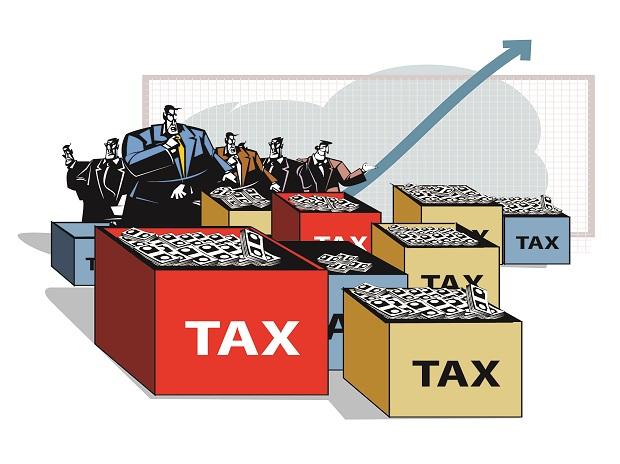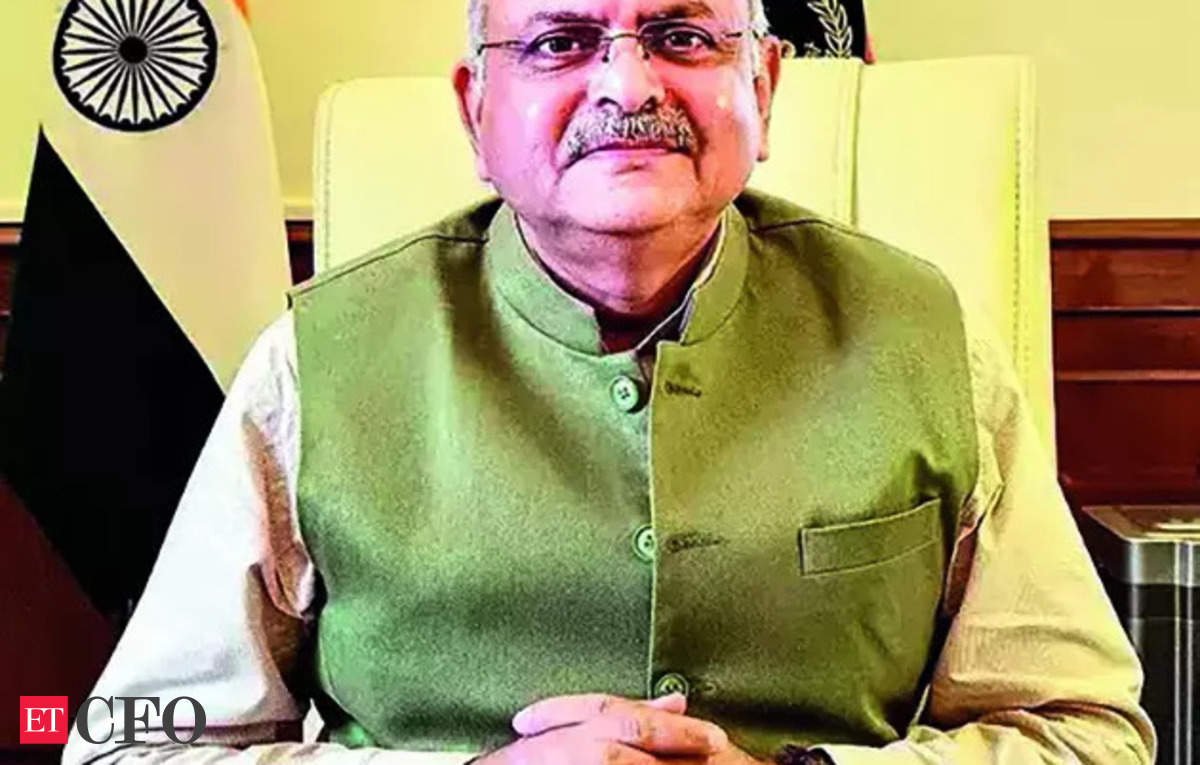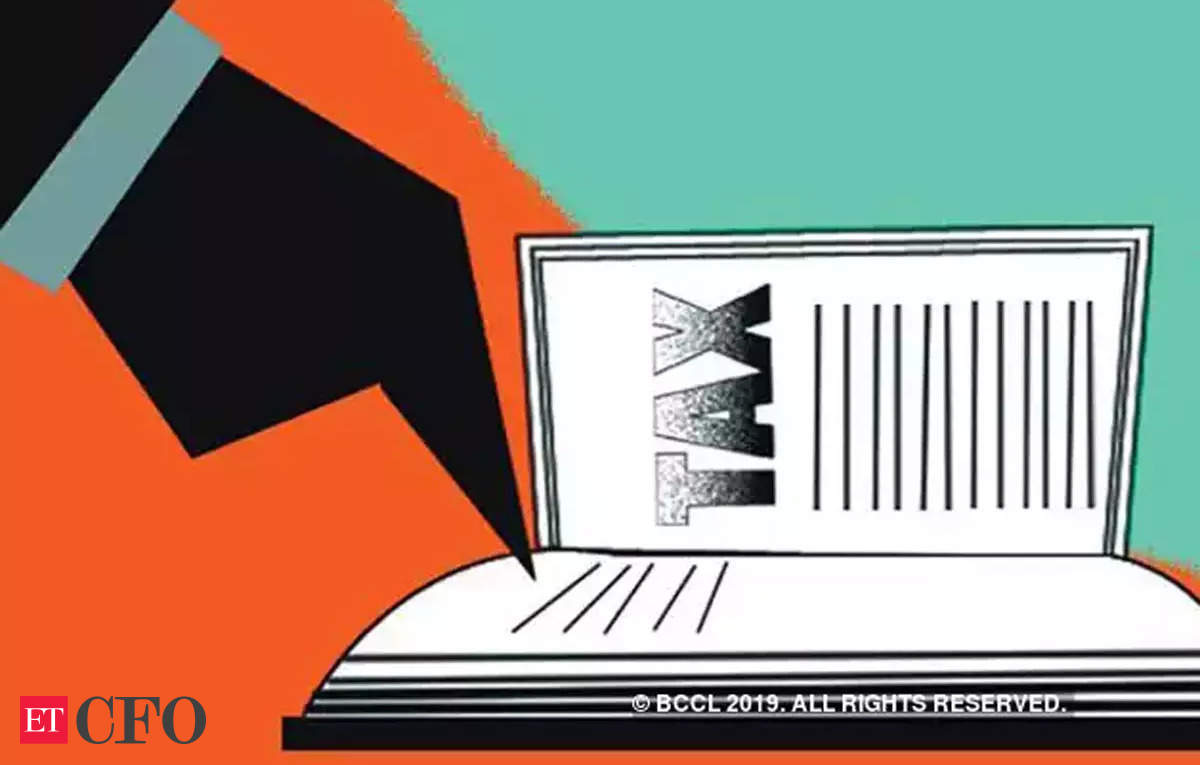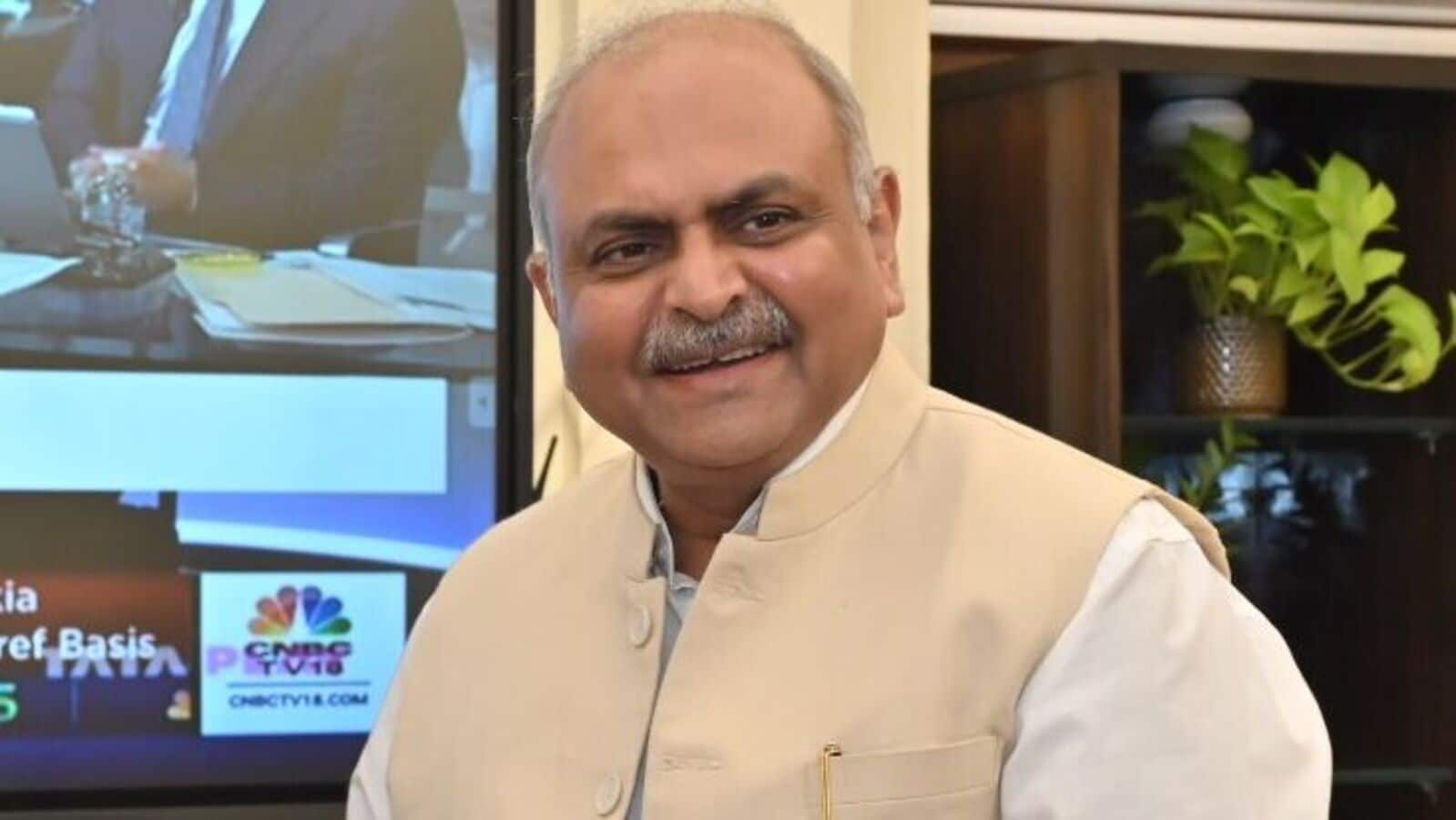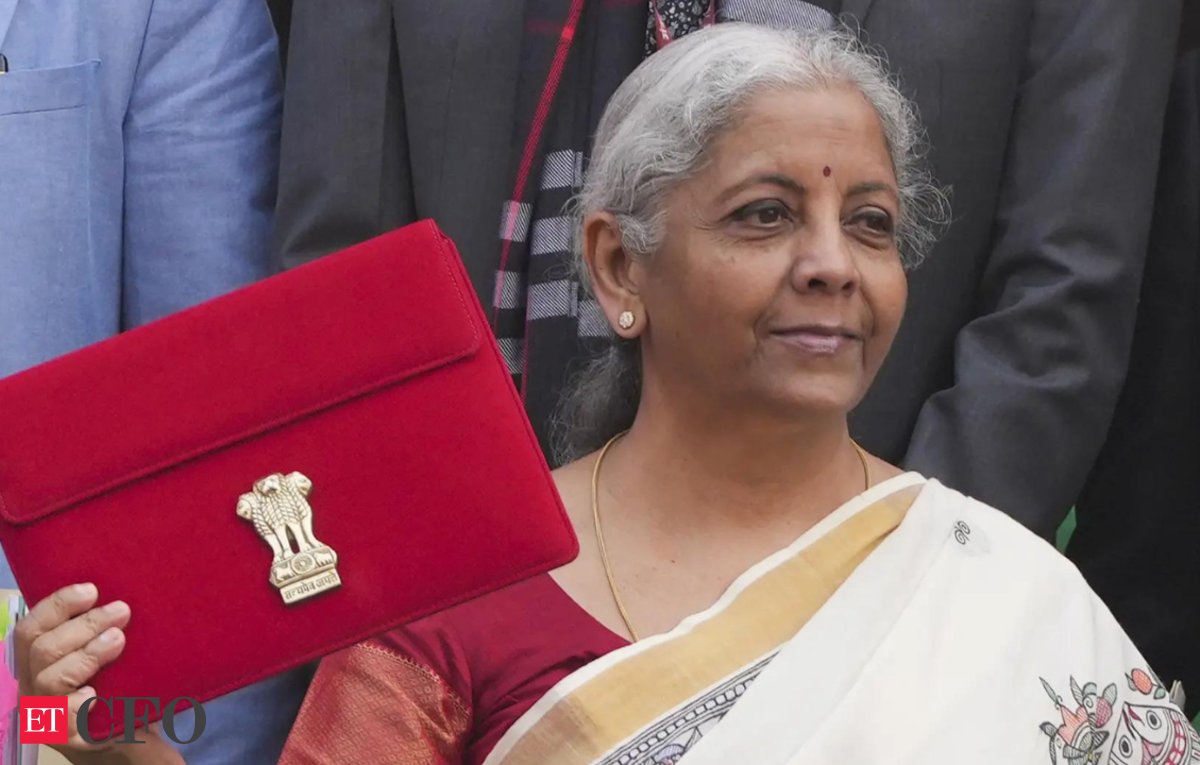About 80 online gaming companies are likely to face tax notices for alleged goods and services tax (GST) evasion of ₹10,000-12,000 crore, according to a senior government official.
The latest action has come after a change in GST rates, to be effective on October 1, for gaming companies.
A GST of 28 per cent has been imposed on the total bet placed at entry level for each gaming session.
“The investigation wing (of the) Directorate General of GST Intelligence (DGGI) is in the process of issuing notices based on fresh estimates to gamers who operate in India and abroad. The new estimates take the total evasion to over ₹31,000 crore,” the official cited above said.
These gaming firms allegedly escaped paying the 28 per cent rate on their gross gaming revenue, involving betting through real-money gaming.
“Notices are being issued for tax demand of ₹22,000 crore, and the rest is in process,” the official said. This includes ₹21,000 crore slapped on Bengaluru-based online gaming company Gameskraft Technology in September 2022. This was the biggest such claim in the history of indirect taxation.
The notice, however, was quashed by the Karnataka High Court and the court’s decision was challenged by the revenue department.
Early this month, the Supreme Court stayed the High Court ruling and decided to hear the matter later this month or early next month.
The Supreme Court’s decision on the matter is expected to set a precedent for investigation in online gaming.
Apart from online platforms, the DGGI is cracking the whip on casino operators allegedly for not paying tax.
Last week Delta Corp received a tax notice for ₹11,139 crore, along with interest and penalty, for allegedly not paying GST on the gross bet value. According to the company, it will pursue all legal remedies available to it to challenge the action and proceedings.
“Notices are being issued for not paying tax on gross gaming revenue. So, clarity is needed for the notices of cases investigated now and whether those will be based on the entry-level face value bets,” the official cited above said.
The new rule has clarified tax will be imposed on the money paid by users to online games, making no distinction between games of skill and chance. This is a bone of contention in most matters.
The new rule also provides a new definition of “online money gaming”, which would include games based on both skill and chance.
Online gaming is defined as “an offering of a game on the internet or an electronic network, and includes online money gaming”.
“There could be a separate notification in this regard, outlining the changes effective from October 1,” the official said.
Despite dissent from a few states, including Goa, Sikkim, and Delhi, the GST Council in its July meeting imposed the highest tax without a vote because the majority of the states were in agreement.
Following this, Parliament cleared the proposed amendment in the Central GST Act.
Some states have brought in the changes in their laws. Many of them are expected to do so through ordinance before the October 1 deadline, the official said.
A comprehensive review will be done six months after the implementation of the new rule, Union Finance Minister Nirmala Sitharaman had said following the GST Council’s decision.
